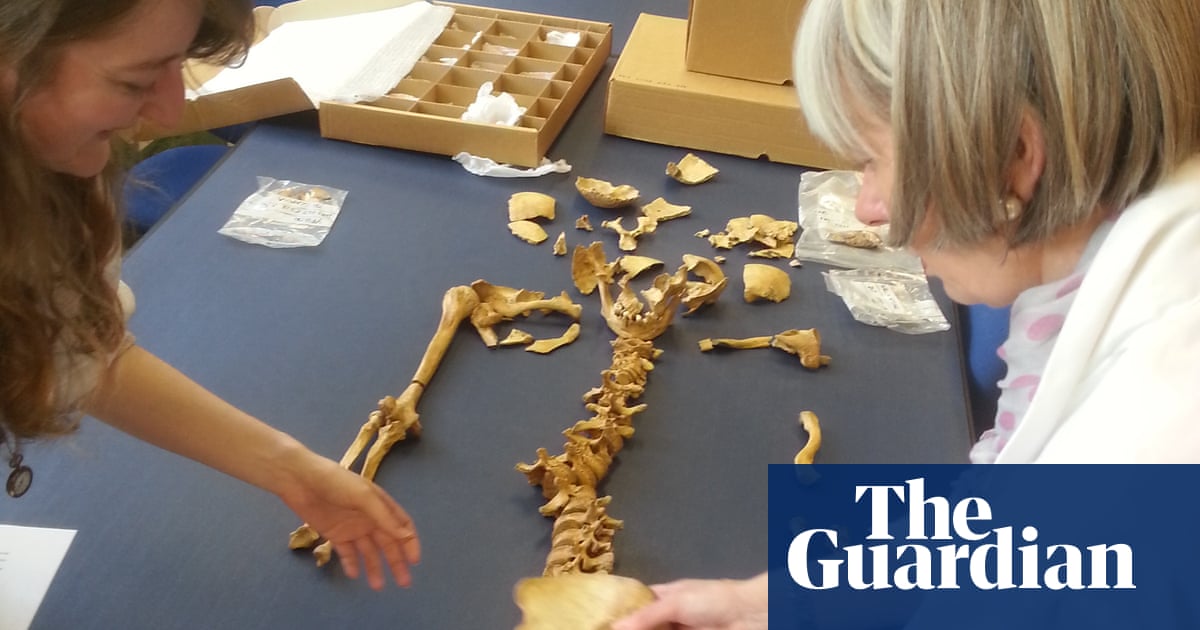
The new Children’s Commissioner for England has launched a root and branch review aimed at improving all aspects of children’s lives, from mental health to schooling, poverty and career prospects.
In her first public announcement in her new role, Dame Rachel de Souza said the independent Childhood Commission was a “once in a generation” chance to put children’s welfare and life chances at the heart of the country’s policy agenda as it looks to recover economically from Covid-19.
As well as looking at how young people have been adversely affected emotionally and economically by a year of pandemic disruption, the inquiry promises to address policies and structures that have “short-changed” and held back children’s wellbeing and prospects for decades.
“I want the Childhood Commission to have the spirit and the ambition of the Beveridge report – something that leads to long-term changes that improve the chances of every single child, whatever their early standing in life and wherever they are in England,” she said.
De Souza, a former headteacher and academy trust leader, and reportedly a favourite of Michael Gove, succeeded Anne Longfield a fortnight ago.
The Childhood Commission is the second national inquiry into young people’s policy to launch this year, alongside the children’s social care review, which – also promising a “once in a lifetime” opportunity for reform – will examine child protection, the care system and fostering. It has also attracted claims it lacks independence.
De Souza’s Childhood Commission is inspired, she said, by the 1942 report by Sir William Beveridge, which laid the foundations of the postwar social security system. It aims to produce by the end of the year a costed 10-year reform plan with policy solutions.
“As we emerge from the Covid pandemic, this is the moment for something big for children to recognise the sacrifices they have made. I have seen first-hand the effect of this crisis on young people’s hopes and dreams, and sometimes our answers simply have not been good enough,” she said.
“Our response to the trauma of the second world war was to create a blueprint for a social service system and a National Health Service that improved our lives. We have the chance to do the same again now for children. There is a huge opportunity to remake our social settlement which won’t come again for decades, and we must seize it.”
At the heart of the commission will be a consultation with thousands of children across England, from all areas and walk of life. The commission aims to make it the largest consultation with children ever undertaken, and hopes to get over 300,000 responses. An expert advisory board will also be appointed.
A number of studies have shown young people, particularly those from disadvantaged backgrounds, have born the brunt of the Covid crisis, from mental illness to disrupted schooling and job losses. Some experts have warned they risk becoming a “lost generation.”
Mark Russell, chief executive of the Children’s Society, said the problems facing young people required “big and bold” responses: “Ultimately, it’s up to the government to deliver change through an ambitious agenda for children and young people and we hope their intention for putting children’s wellbeing first as we emerge from the Covid crisis are not just warm words but lead to tangible action.”












